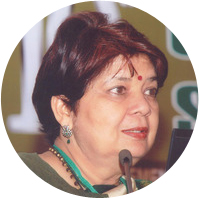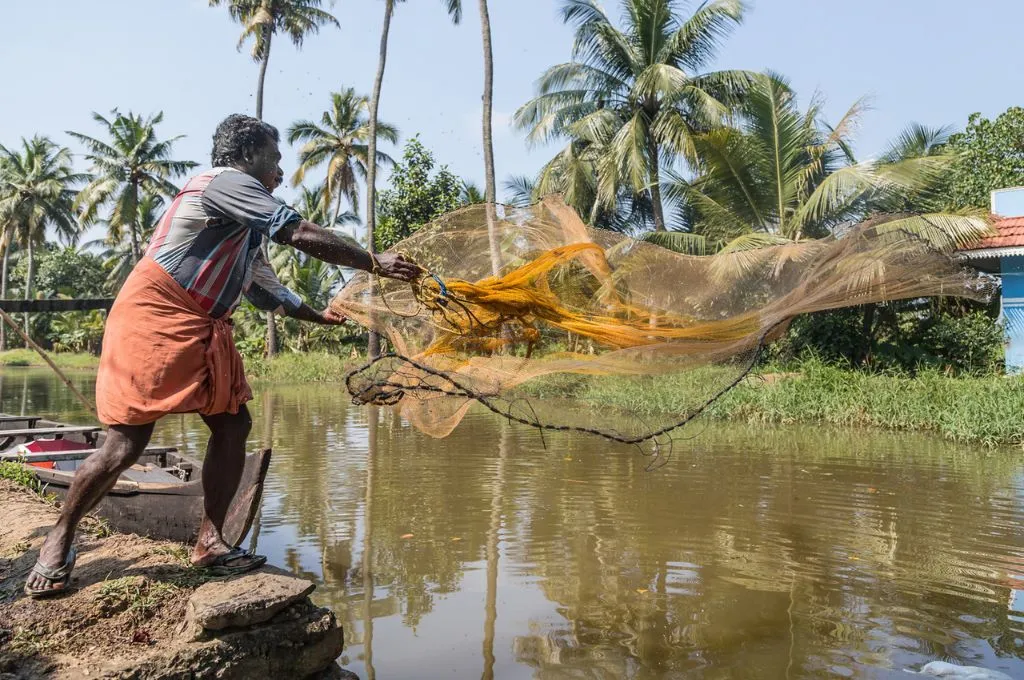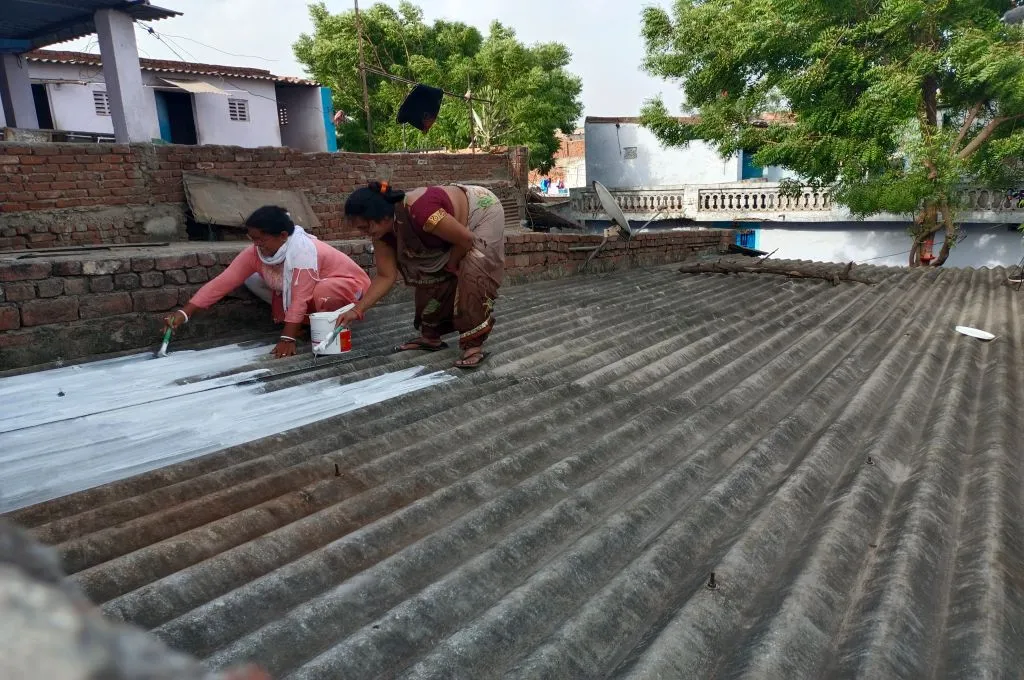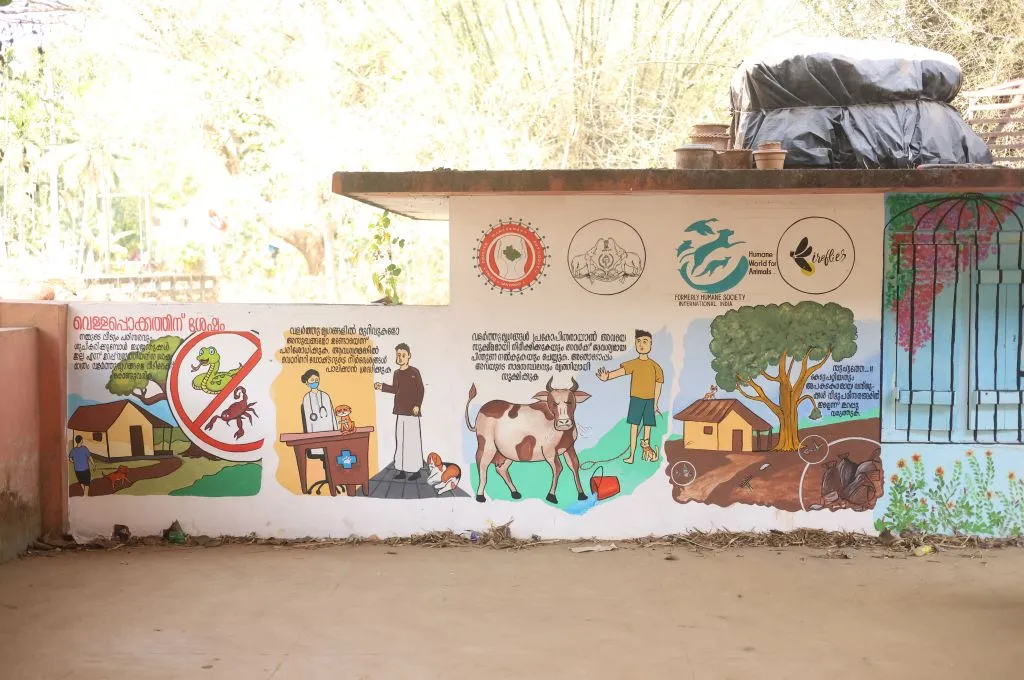Nearly half of the population in India lives in places that are likely to become moderate or severe climate hot spots by 2050, according to a World Bank study launched very recently. Changing rainfall pattern due to climate change could result in extreme water stress and this, as well as other risks, would cost up to 2.8% of the gross domestic product (GDP).
65% of the Indian population is not aware of climate change.
Yale University research on climate change communications pointed out that 65% of the Indian population is not aware of climate change. It, however, added that 80% of the remaining 35% perceive it as a serious threat (mostly belonging to the educated class). The UNDP, in a study carried out in 2007 on education response to climate change with gender bias had concluded that women born during the flood years in the 1970s were 19% less likely to have ever attended primary school.
The rapidity of changes taking place in our environment and the increasing vulnerability to impending climate risks are demanding climate change education at all levels. But are we doing enough in imparting climate change education? Compliance of Nationally Determined Contributions in the Paris Agreement for reaching reduced level of greenhouse emissions so as to limit the rise in temperature to 2°C, and to 1.5°C in the extreme case, would need greater participation from all sectors of the economy, be it industry, household or farming.
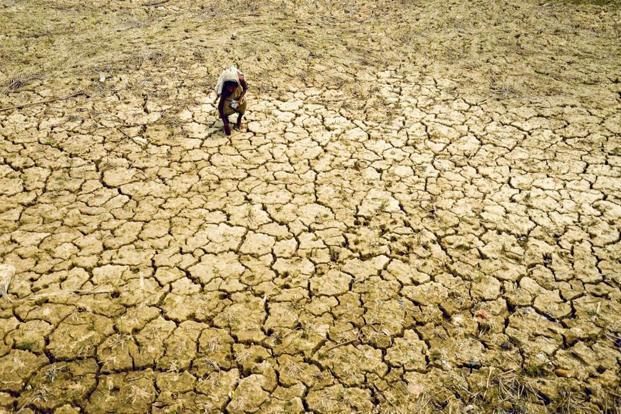
India needs policy coherence on sustainable development, climate change and environment education. | Photo courtesy: Mint
The impetus to integrate environment education into the formal education system was first highlighted in the National Policy on Education, 1986. The National Curriculum Framework, 2005, further emphasised integration of environmental issues and recommended project-based learning. In 2016, the UGC introduced a six-month compulsory course on environment studies for undergraduates from all disciplines.
Structured courses in formal education are missing.
India has been making investment in education for adaptation of climate change since 2002. Many civil society organisations have promoted environment education for the stakeholders. The Centre is investing in the Green Skill Development Programme to train over 0.5 million people in the next two years. However, structured courses in formal education are missing so far, except in some colleges. Some colleges are offering courses on environment studies, but in the curriculum, climate change is very briefly reflected.
Globally, climate change education has been discussed in various negotiating platforms of the UN Framework Convention on Climate Change. It is in this context that the New Delhi Programme of Work was invoked in 2002. The university system can prepare students by educating and mentoring them about various climate change intricacies. However, very few universities in the world have climate change as a distinct course at the undergraduate level.
It is still a subject of research in academic institutions, either on impacts and mitigation of climate change, or on developing teaching methodology. For example, the National Science Foundation, USA, supports a Climate Change Education Partnership in leading universities. At the higher education level in India a beginning has been made by the Indian Institute of Science Education and Research, Pune, which is developing pedagogy for climate change education in undergraduate education as well as in skill development. Role of energy technologies to address greenhouse gas mitigation and integration of climate change related studies, with main science and engineering subjects, are some of the areas which would be explored.
There can be three dimensions of climate change education in terms of awareness, capacity building and innovation. For the masses, awareness fills the gap. The Science Express Climate Action Special, an innovative mobile science exhibition travelling thousands of kilometers to create awareness has taken shape under the guidance of the department of science and technology.
At the school levels the Center of Environment Education has been creating awareness. The concept of increasing ‘hand print’ for action towards sustainability, as against reducing carbon footprint for mitigation of climate change is being evolved.
Second, capacity building for strengthening roots or mentoring to build resilience is more recent. The Climate Change Research Institute, a society distinguished in the field of environment and climate change research and education, through its research in the energy sector, are working on capacity building among the youth in schools (K12) and colleges. This needs to be expanded further.
Climate change education will help not only in ‘development’, but also in ‘sustainable development’.
The third dimension is to find a way to help mitigation of climate change through of science, technology and innovation. Climate Change Education will help not only in ‘development’, which is core objective education, but also in ‘sustainable development’. Problem solving innovations in developing clean energy alternatives, in improving farming techniques, in water resource management and others are possible by building technical knowledge mainstreamed in the formal education.
To conclude, climate change education for awareness, capacity building and innovation is still in a nascent stage and should become part of the structured education. As it was perceived in an UNESCO study, India needs policy coherence on sustainable development, climate change and environment education.
This article was originally published on Livemint. You can view it here.


